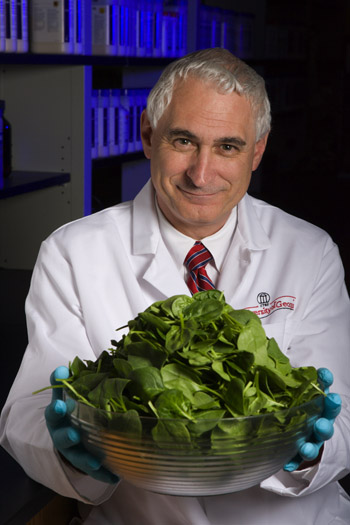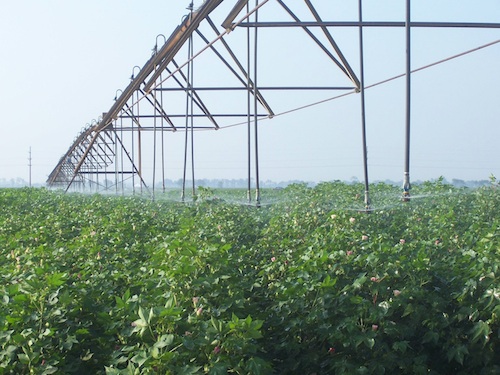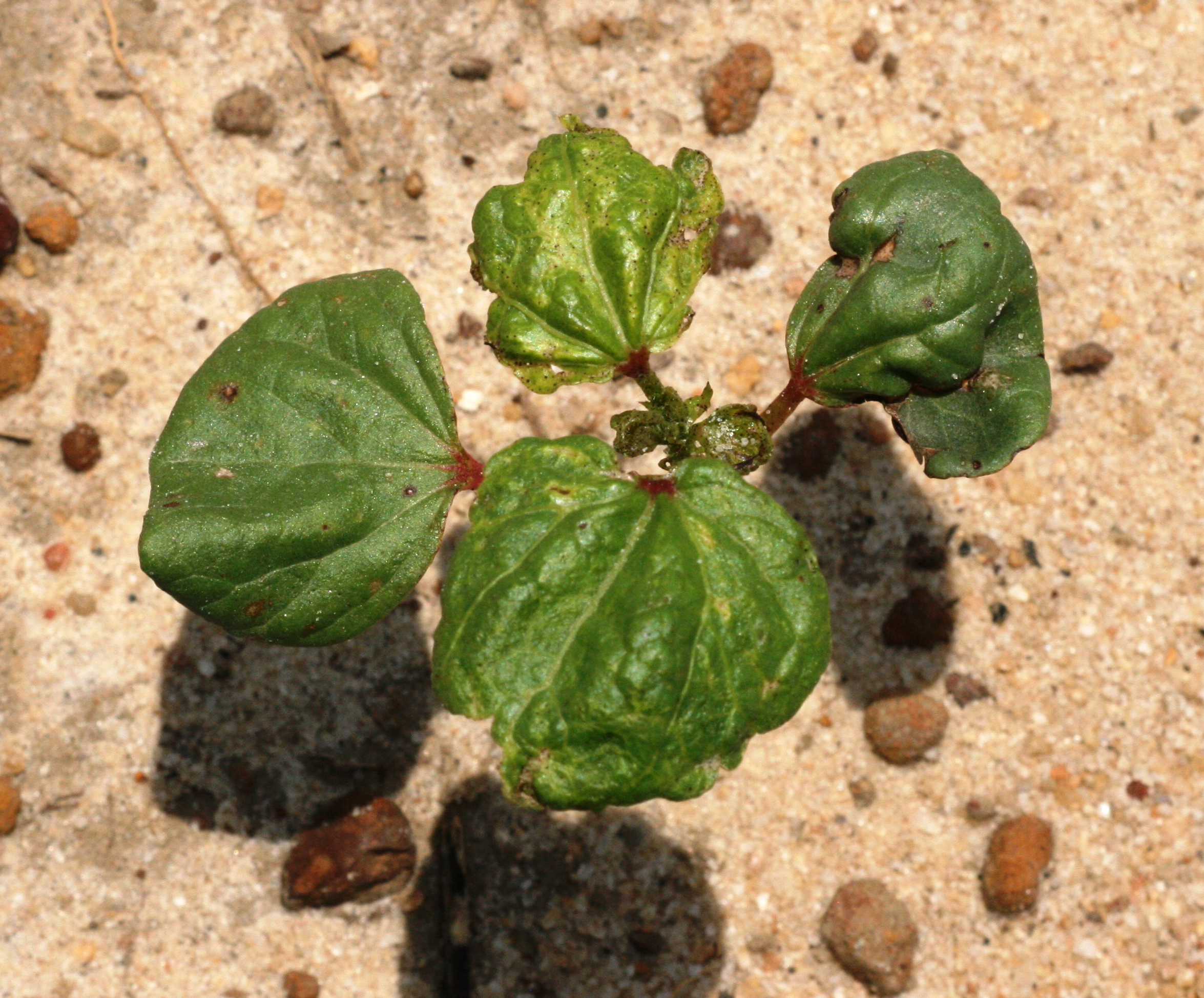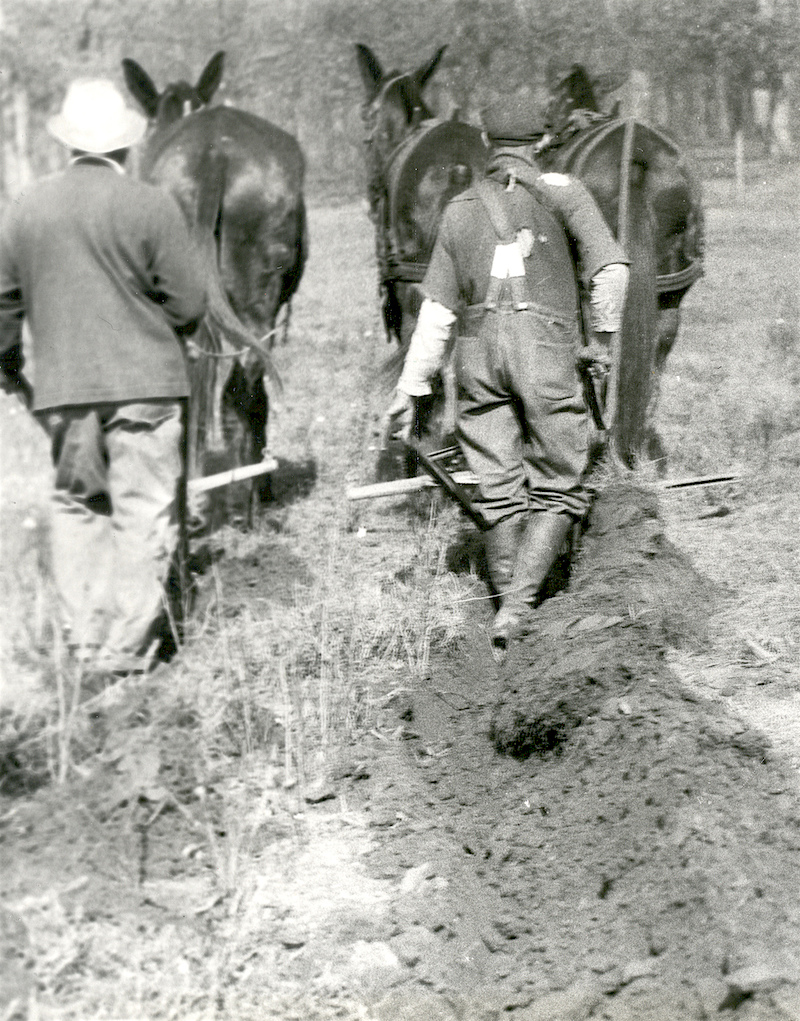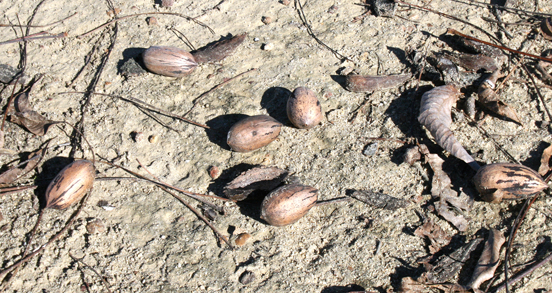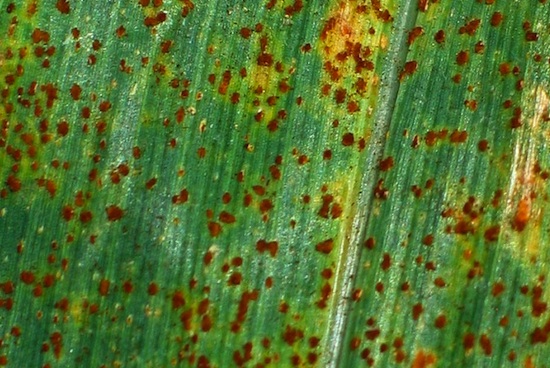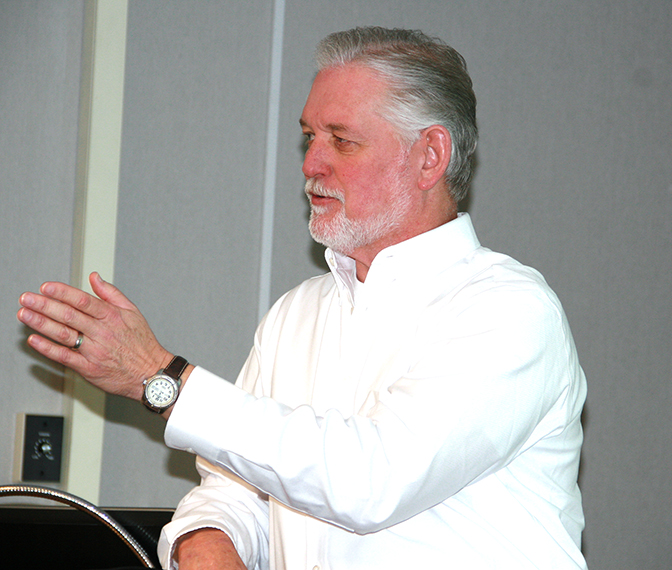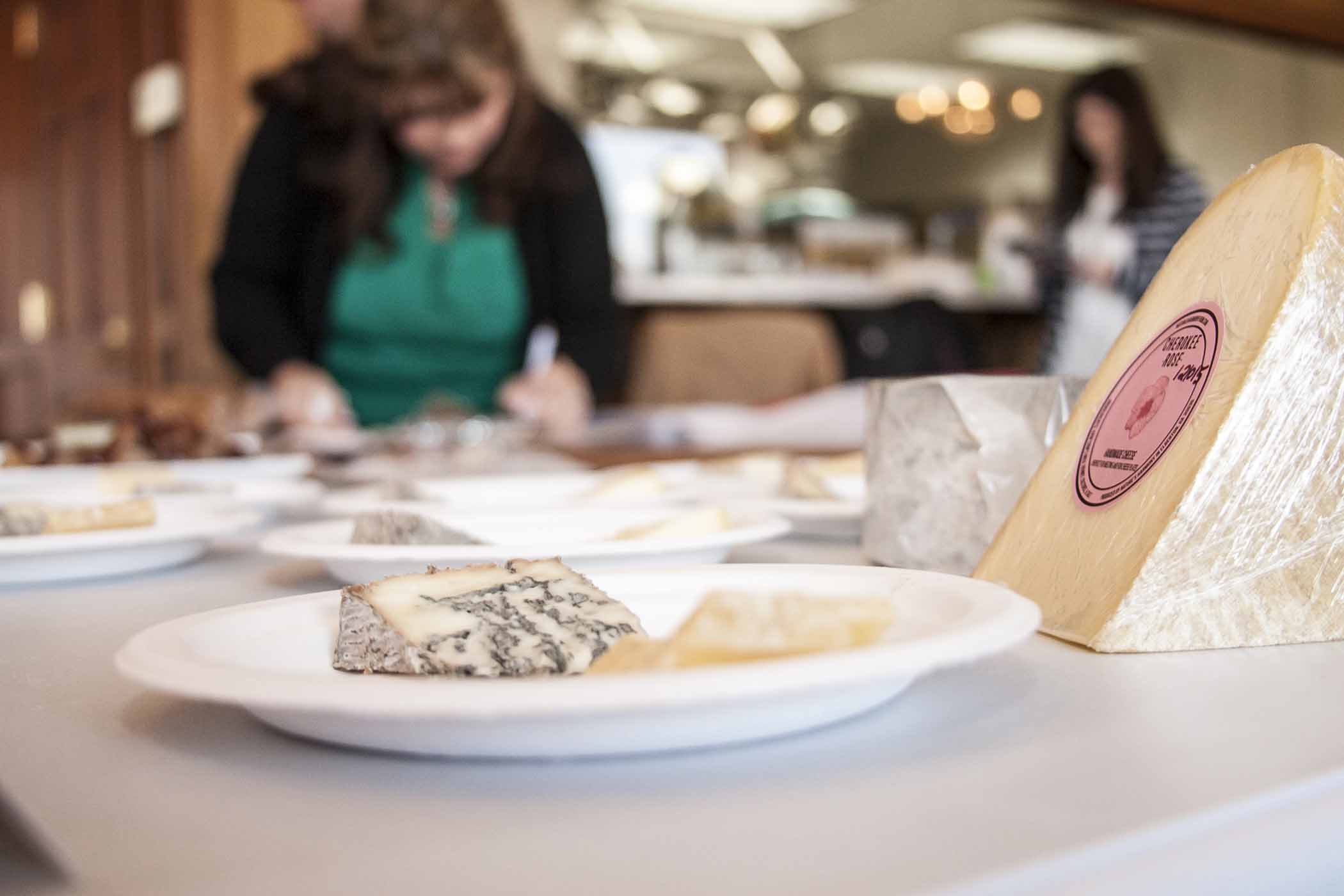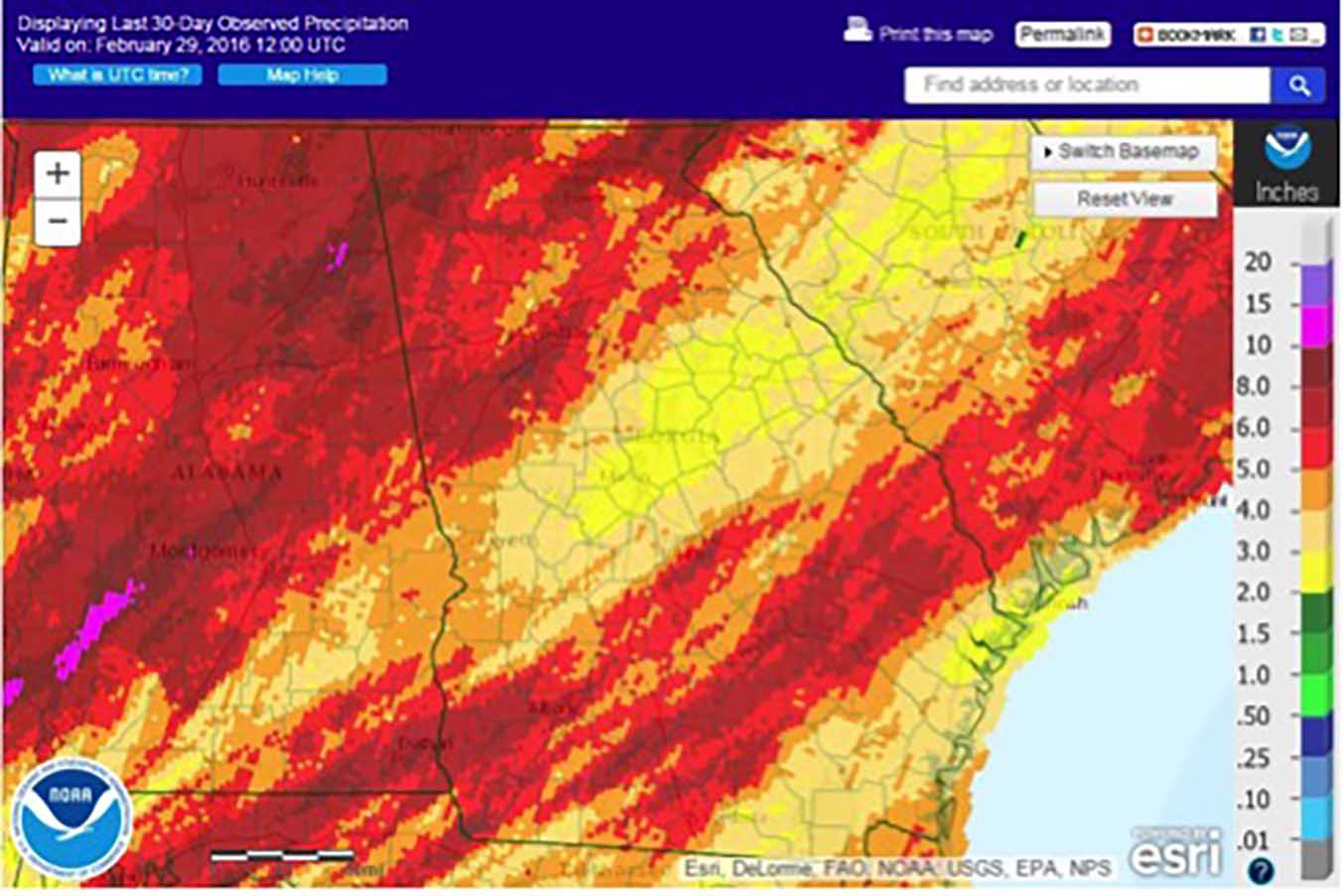 CAES News
CAES News
February's Variable Rains
Overly wet weather in Georgia’s major row crop regions during February 2016 has farmers worried that soggy soil may delay corn and peanut planting or cause fungal diseases to be a major issue later this spring.

